An Uprooted Youth & Emigration to America
Born in Łódź, Jerzy Kosiński (June 14, 1933 - May 3, 1991) stands out as one of the 20th century's great literary talents, with a life story every bit as sinister and dramatic as one of his books. Originally named Józef Nikodem Lewinkopf, his life was turned upside down with the outbreak of WWII, when his family uprooted and fled east to hide their Jewish identities and background. With new names, documents and baptismal papers, the family was able to survive the war in a village in southeastern Poland thanks to considerable help from the town's leaders and clergymen. Catholic families willingly sheltered them and young 'Jerzy' even served as an altar boy in the Catholic church.At the war's end the family again resettled, this time in Jelenia Góra. Jerzy proved to be a diligent student and had earned degrees in both history and political science from the University of Łódź by the age of 22. He continued his studies in the Soviet Union and served in the Polish Army, but longed to escape the Eastern Bloc for better prospects in America. To do so, the industrious and resourceful Kosiński created a fake foundation for himself, forging all the necessary documents from communist authorities to secure his passage in 1957.
The Painted Bird & Literary Stardom
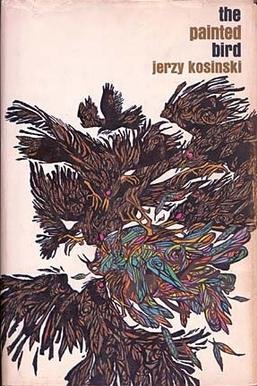
The novel's plot follows the misadventures of a boy on the run in the villages and forests of Central Eastern Europe during World War II, who experiences an almost endless stream of senseless violence, hatred and sexual and social deviance. The title comes from an anecdote in the novel wherein a man catches and paints a bird in bright colours, then releases it; the novel's protagonist witnesses as the painted bird finds a flock, who then fear, reject, attack and kill the bird. Not very subtle.
The reaction to the book in Poland, where it is assumed to have taken place (though no specific country is named), was far more mixed. For over two decades the book was banned for its anti-Polish sentiments, and the work – with its sinister tales of abuse – infuriated the families which had shielded Kosiński and his family from persecution during the war. Nevertheless the novel made Kosiński a household name and when it was finally released in Poland in 1989, bookworms reported queued for over eight hours to get signed copies. In 2019 it was made into a film by Czech director Václav Marhoul, going down in film trivia history as the first film in the Interslavic language; Marhoul explained in interviews that his made his decision so that the horrible characters of the villagers in the film would not be associated with any specific nation.
Success Marred by Scandal (A Star Burns Out)
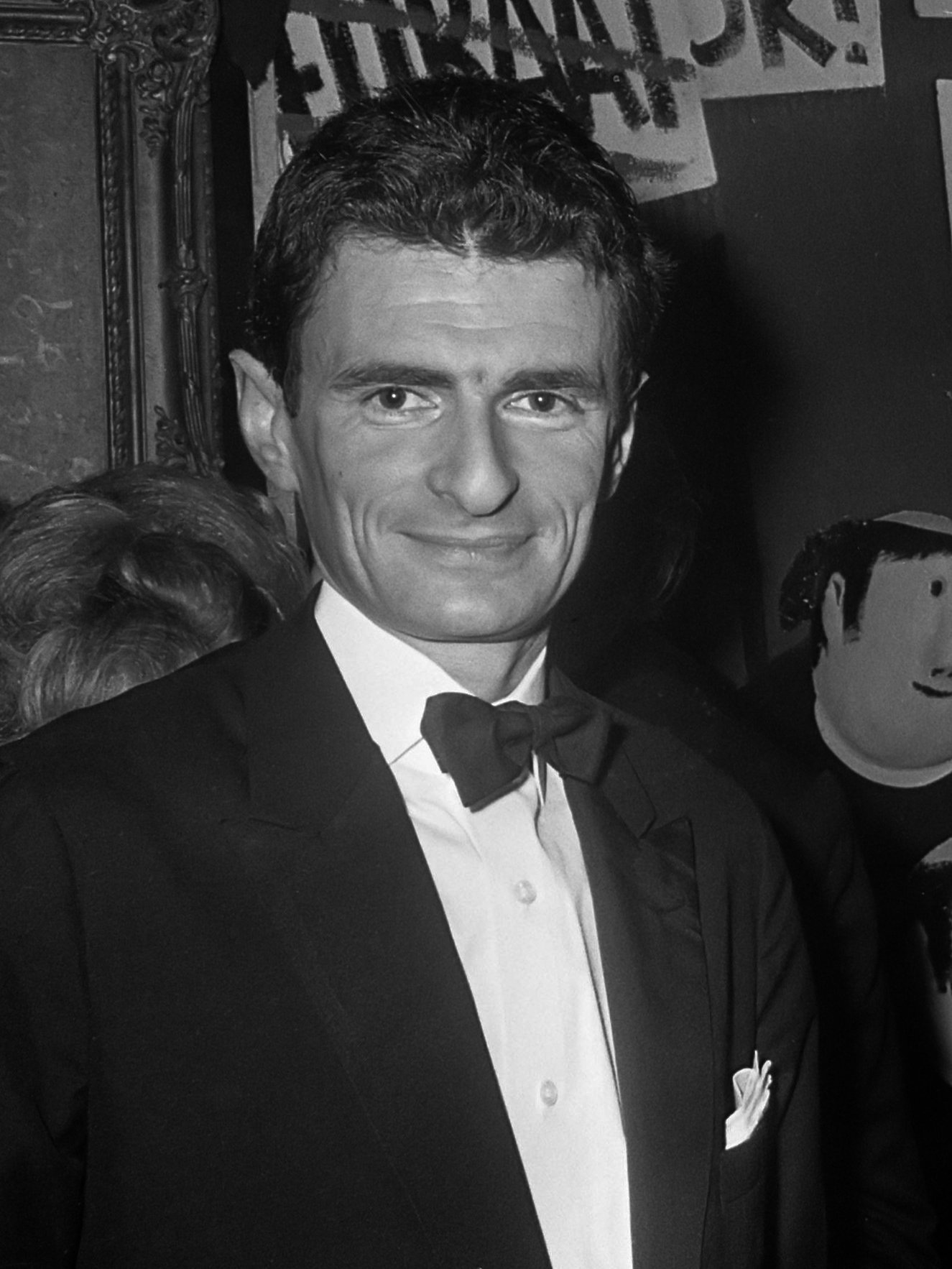
Soon after the publication of The Painted Bird, Kosiński divorced Mary Hayward Weir in 1966; two years later she died of brain cancer, leaving Kosiński with nothing of her considerable fortune. The same year Kosiński remarried to Katherina "Kiki" von Fraunhofer, the wealthy daughter of Bavarian nobility. In an interesting aside, Kosiński and Kiki narrowly dodged death at the hands of the Manson family when their luggage from a flight was lost, causing them to alter their plans and not appear at Roman Polański’s villa on the night of the Sharon Tate murders. Though Kosiński has been accused of numerous fabrications, this particular story is assumed to be true, as Kosiński was friends with Polański, but also very close with victims Abigail Folger (a close friend of his first wife) and her husband Wojciech Frykowski, who Kosiński had introduced to each other.
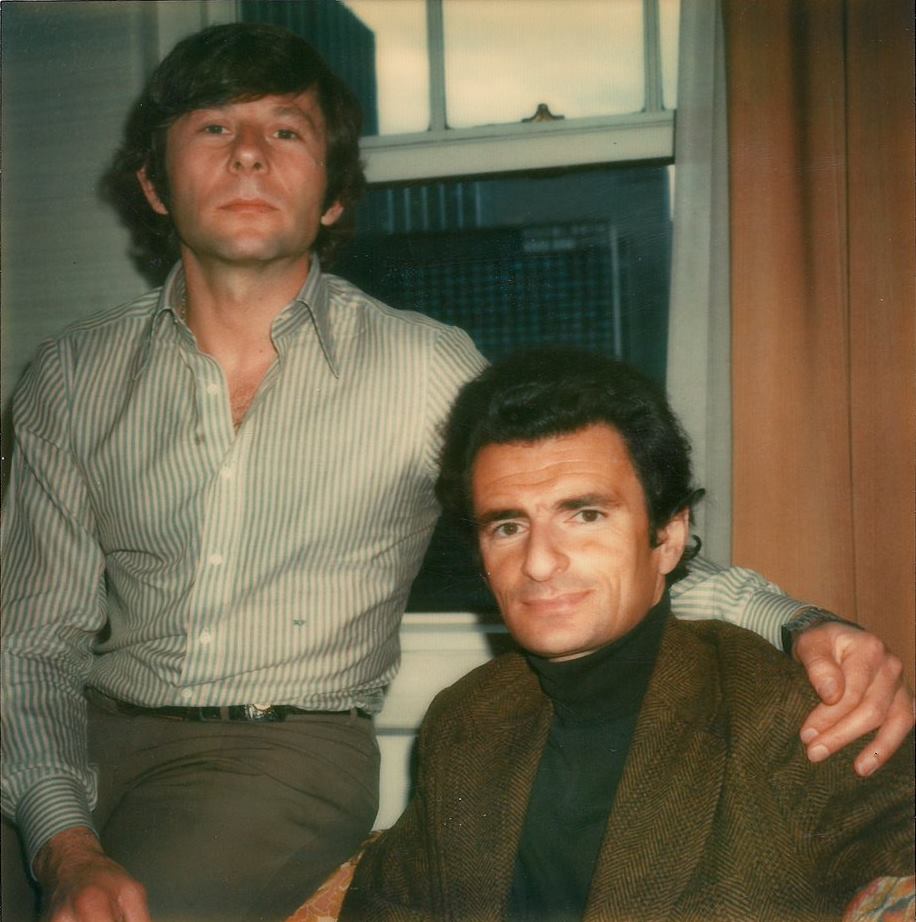
Undoubtedly an aspiring socialite who pursued fame and fortune, Kosiński achieved it in the late 60s and early 70s. He won grants from the Guggenheim Fellowship and the Ford Foundation, and Steps - his follow-up to The Painted Bird - won the 1969 National Book Award, while his next novel, Being There, won the American Academy of Arts and Letters Award for Literature in 1970 and was turned into a BAFTA-winning film starring Peter Sellers. All the literary success lead to employment as a lecturer at Yale, Princeton, Davenport, and Wesleyan Universities.
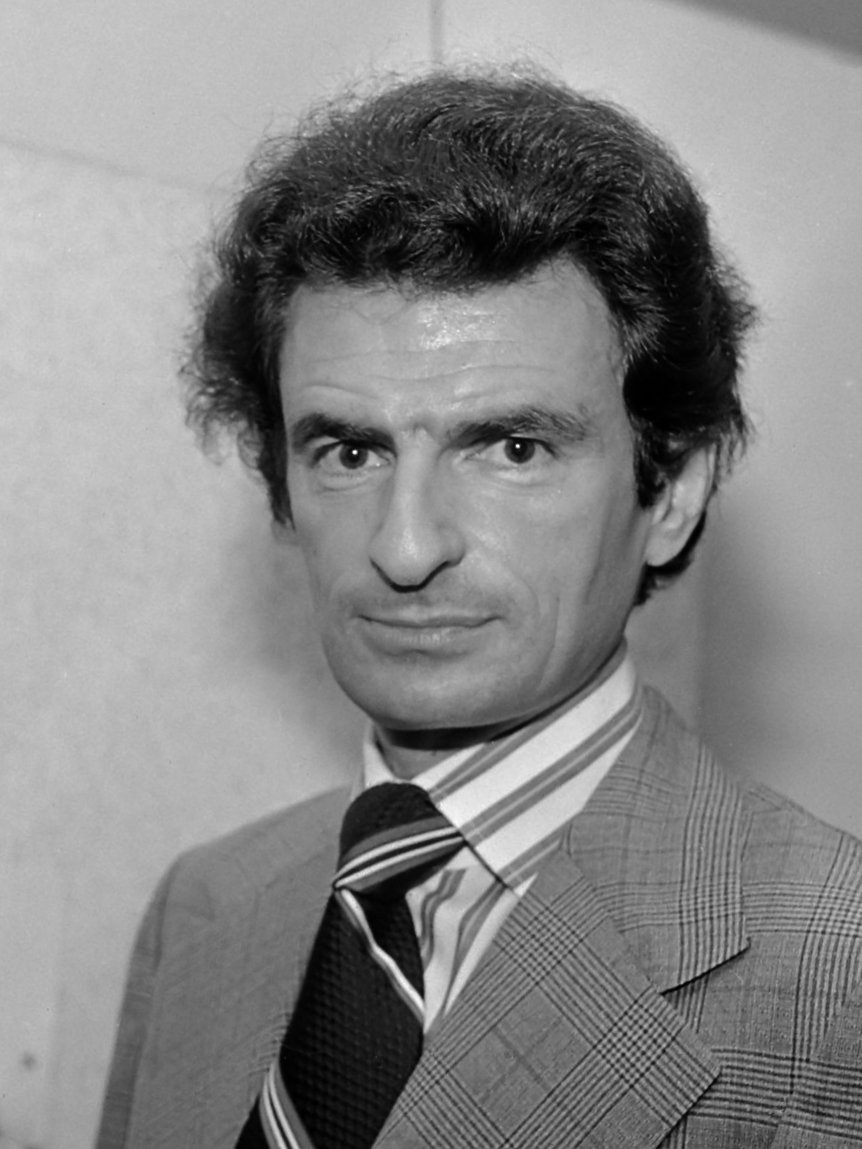
courtesy of wikipedia
His publisher Terence Booker, in a 2002 article for The Independent which reveals much about Kosiński's public image, had a more sympathetic view: "The problem was perhaps that he was a successful, worldly author who played polo, moved in fashionable circles and even appeared as an actor in Warren Beatty's Reds. He seemed to have had an adventurous and rather kinky sexuality which, to many, made him all the more suspect. All in all, he was a perfect candidate for the snarling pack of literary hangers-on to turn on. There is something about a storyteller becoming rich and having a reasonably full private life that has a powerful potential to irritate so that, when things go wrong, it causes a very special kind of joy."
The knives were out for Kosiński throughout the 1980s, which surely caused him much grief and likely contributed to his premature death, or eventual 'implosion,' as Sloan put it. Plagued with heart pains, as well as severe physical and nervous exhaustion, Kosiński ended his suffering in 1991, taking a mix of drugs and alcohol before taping a bag over his head and drowning himself in a bathtub. His suicide note simply stated: "I am going to put myself to sleep now for a bit longer than usual. Call it Eternity."
Jerzy Kosiński left an extraordinary, albeit tainted literary legacy, with total book sales topping seventy million at the time of his passing, and his works translated into over thirty languages.


_m.jpg)
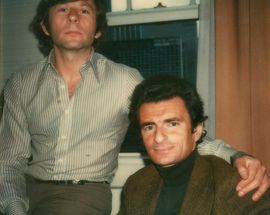
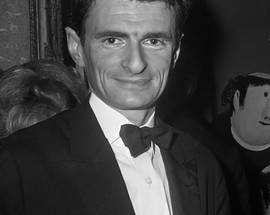
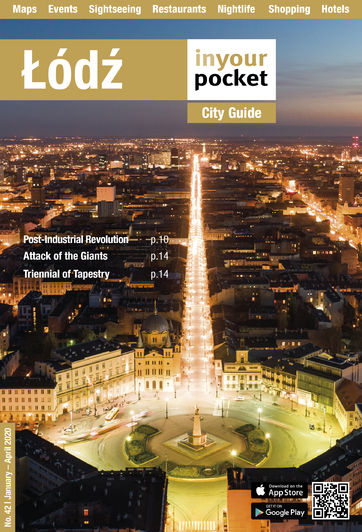


Comments